IChances are that if you've watched or read world news over the past week, then you realize that tensions are mounting between Russia and Ukraine, so much so that a potential Russian invasion—and the domino effects of a NATO (read-U.S.) response, grow likelier by the minute.
As I reminded my middle school history students at Rise Anyabwele Academy via Zoom this morning, the roots of the current angst in Eastern Europe harken back to 20th Century history and politics, when Russia and Ukraine were two major parts of a Soviet Union whole then under the dictatorial influence of the Communist premiers in the Kremlin. Russia's current leader, Vladimir Putin, was a young KGB officer under the old Soviet regime and to a great extent, many of his belligerent moves over the past two decades, including this potential invasion, derive from his desire to recapture a time when Soviet military might (and geo-political influence) rivaled the United States.
Like most in my and older generations, I remember all too well the influence that the Soviet Union held over the Warsaw Pact, the rival to the American backed NATO in post World War II Europe. In fact, as a boy, whenever I sat in my father's Army offices, I would stare at a framed poster on his wall that depicted the military uniforms and insignia of each Warsaw Pact Army; I gazed at that poster so much that even as an elementary school aged kid, I could easily differentiate between East German, Polish, or Bulgarian soliders, and the like, with no hesitation.
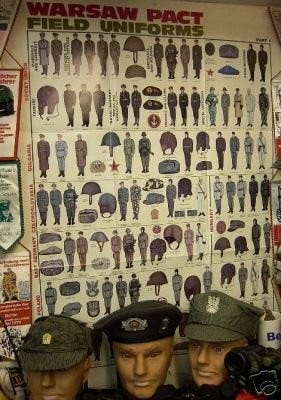
I also remember that during that period, I lived in constant fear that my father, a Vietnam veteran, would be sent off to fight the Soviets and their Warsaw Pact allies.
My fears were only made worse in 1979 when Iran's Ayatollah Ruhollah Khomeni’s minions kidnapped 52 American hostages—and held them for the next 444 days! I remember how our neighbors, most of whom were military families as well, tied yellow ribbons around trees as a show of support. But occasionally, when my friends and I would take breaks from playing ball in the yard—or Star Wars on the porch—we would chat about fears that our dads would be shipped off to fight for reasons that our young minds couldn't quite yet comprehend.
Fortunately, war was avoided with Iran (and by proxy, the Soviet Union) once the hostages were released shortly after Ronald Reagan's inauguration in January of 1981. Nevertheless, for the rest of the first half of the decade, tense relations between President Reagan and Soviet Premiers Leonid Brezhnev, Yuri Andropov, and Konstantin Chernenko, along with apocalyptic movies like The Day After—one that depicted a nuclear holocaust in frightening detail—only heightened that sense of dread that haunted my young mind.
Thus, when President Reagan and the last Soviet Premier, Mikhail Gorbachev, entered into a new era of cooperation which led to a thaw in the Cold War—and new nuclear missile treaties—I was optimistic that nuclear holocaust would simply remain a figment of my imagination!
What I did not consider three-plus decades ago was that as the Soviet Union broke into independent nations, that the result would create several entities that maintained control of nuclear weapons on their soil; weapons, I remind, that are still very much armed—and very capable of destroying the world many times over.
I remind my readers of these facts not to be macabre on a Monday morning, but to highlight how very serious events are on the Russia-Ukraine border at this time. So serious that, upon learning that Secretary of State Antony Blinken was pessimistic about his attempts for peace in the region over the past week or so, and that Secretary of Defense Lloyd Austin has already promised his Ukrainian counterpart that a Russian attack will be met with an as yet to be outlined strong response from the U.S., that it is quite possible that America could be dragged into another protracted war.
As such, this writer, one all too familiar with the history of that region, will continue to call upon the Biden administration to pursue all avenues short of a conventional engagement with Russia, at best, or a full-scale nuclear war, at worse...
Thank you for subscribing to the Hobbservation Point—have a wonderful Monday!

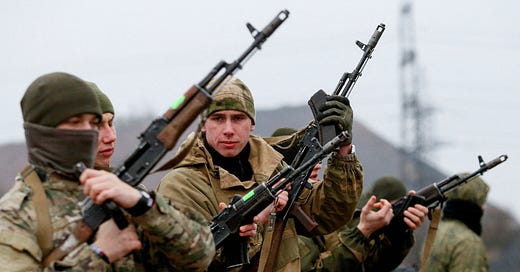


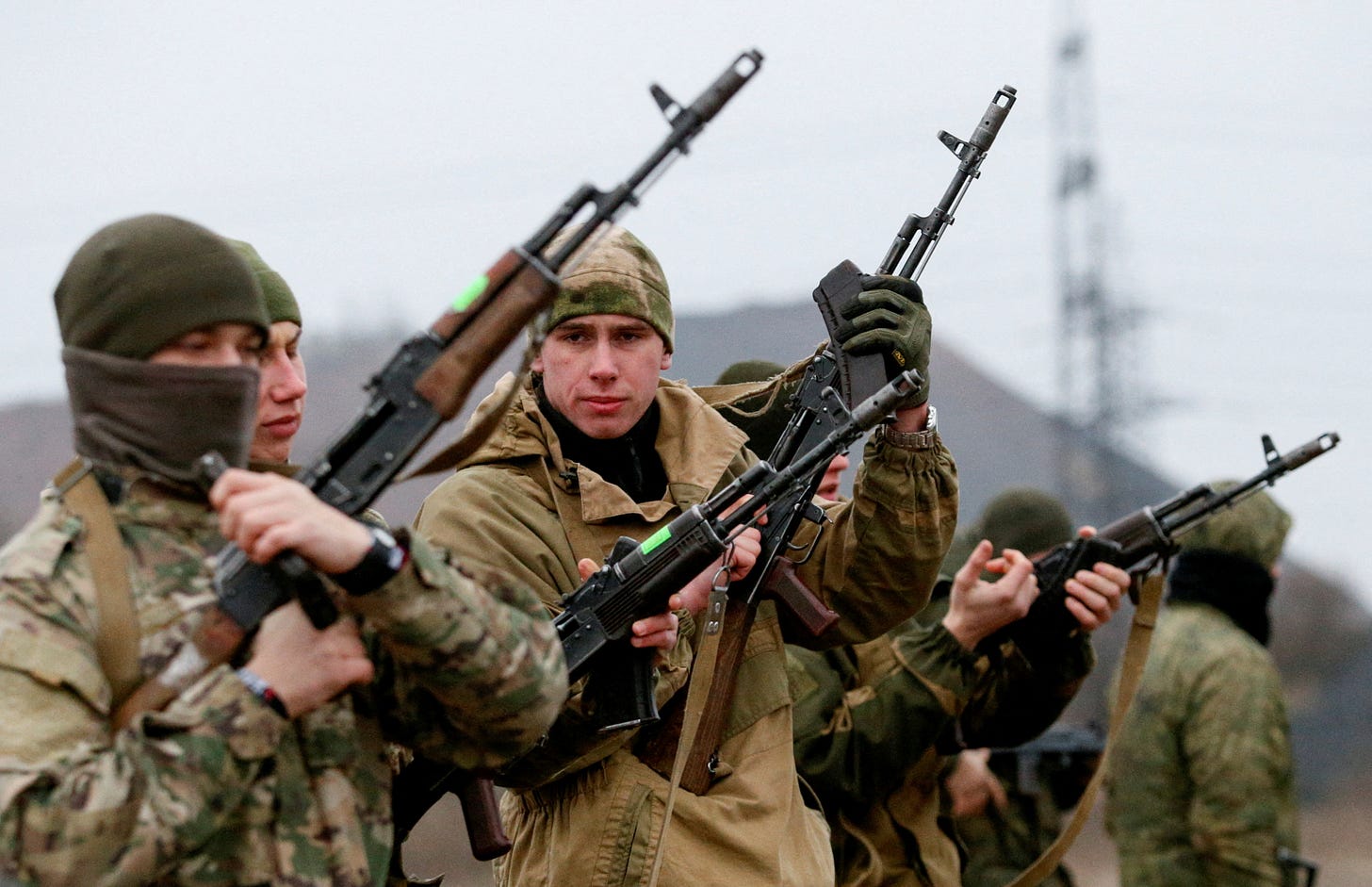

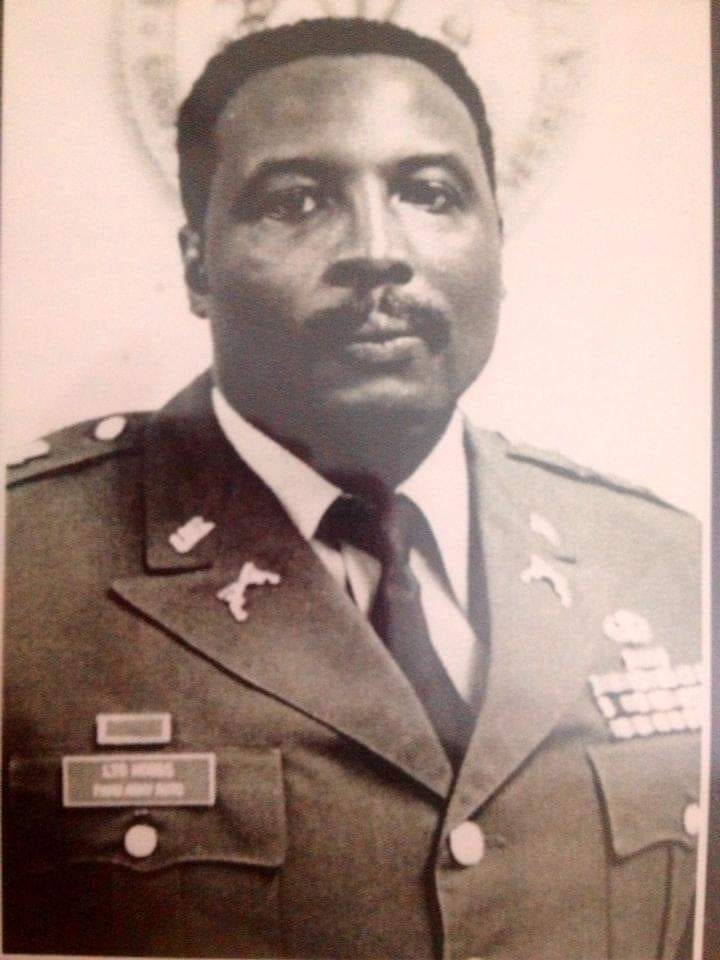

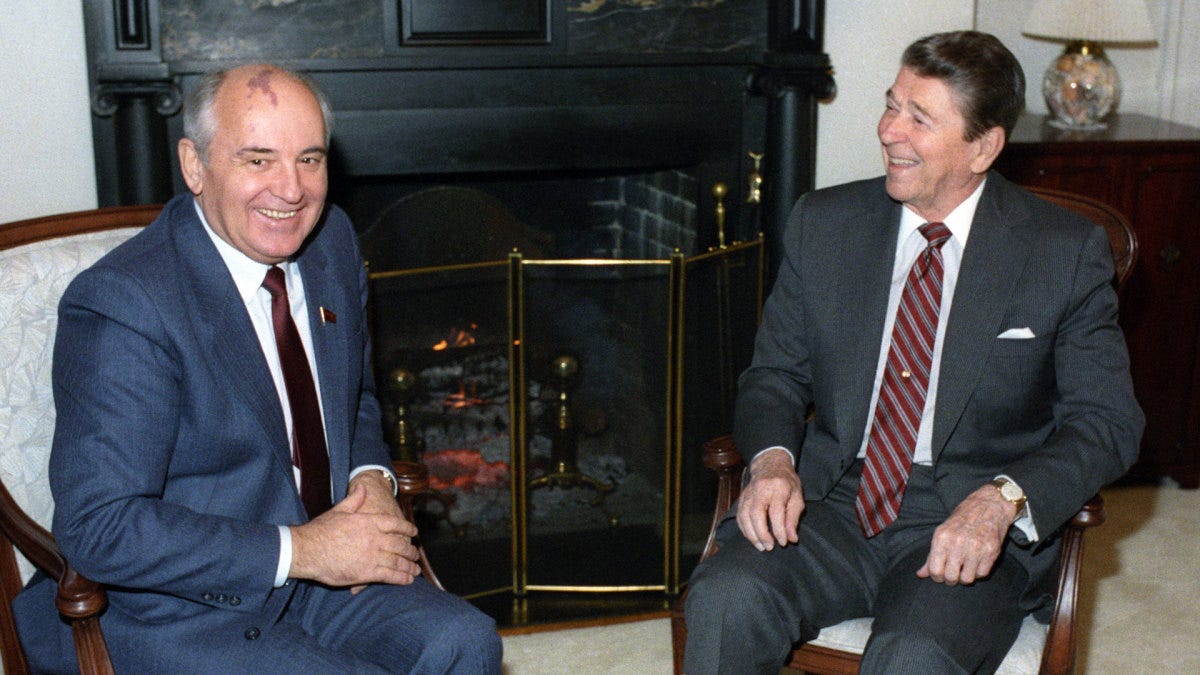
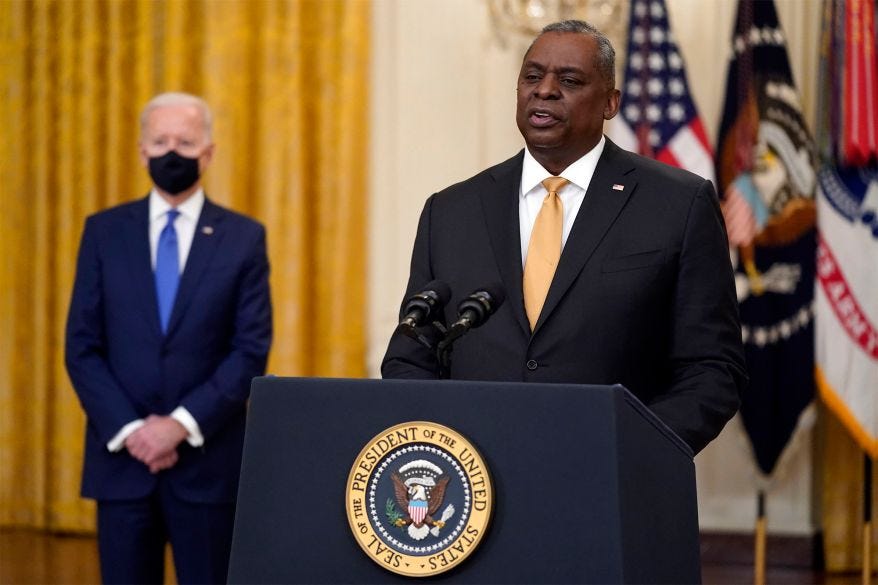
It was scary growing up with that threat over our heads, and that movie The Day After was terrifying. I remember a collective low-grade anxiety during that time because of it. These developments are not good. Why is Putin doing this?